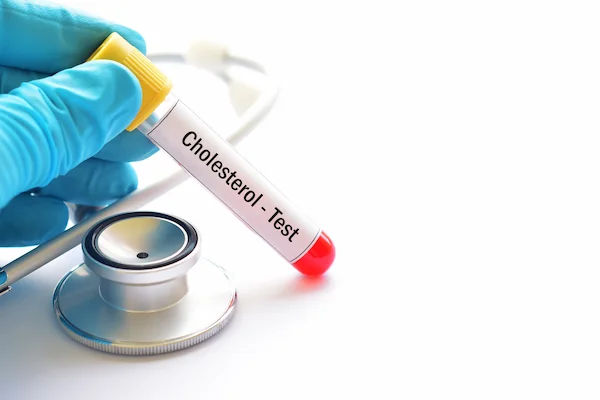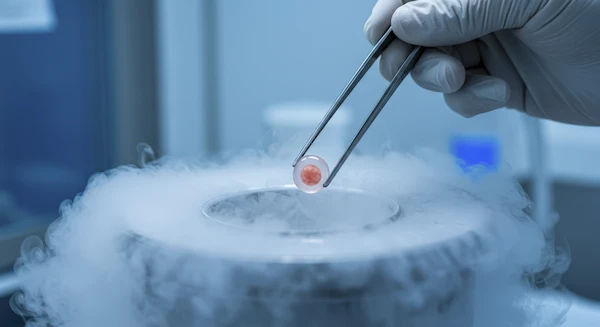Ways to Raise Platelet Count in Dengue
Discover natural and effective ways to raise platelet count during dengue. Learn about immune-boosting foods, hydration tips, and home remedies that support recovery and help manage low platelet levels safely.


Introduction
Dengue fever is a viral infection spread by mosquitoes, and one of its most concerning effects is a drop in platelet count. Platelets are tiny blood cells that help in clotting and preventing excessive bleeding. When platelet levels fall too low, it can lead to complications like bleeding, bruising, and prolonged recovery.
If you or a loved one is battling dengue, you might be worried about how to increase platelet counts naturally. The good news is that with proper care, diet, and medical supervision, platelet levels can improve. Here’s a simple guide to help you understand and manage low platelet counts during dengue.
Why Does Dengue Lower Platelet Count?
Dengue virus affects the bone marrow, where platelets are produced. It also causes the immune system to destroy platelets faster than usual. A normal platelet count ranges between 1.5 to 4.5 lakhs per microliter of blood. In dengue, this count can drop below 1 lakh, leading to:
Easy bruising
Bleeding gums or nosebleeds
Red spots on the skin (petechiae)
Fatigue and weakness
While mild cases recover on their own, severe dengue (also called dengue haemorrhagic fever) requires medical attention.
Consult a Top General Physician for the best advice
Natural Ways to Increase Platelet Count in Dengue
Effective home remedies to naturally boost platelet count during dengue:
1. Stay Hydrated
Dehydration can worsen low platelet counts. Drink plenty of fluids like:
Coconut water (rich in electrolytes)
Herbal teas (like ginger or tulsi tea)
Fresh fruit juices (papaya, pomegranate, kiwi)
Oral rehydration solutions (ORS)
Avoid caffeinated or sugary drinks, as they can dehydrate you further.
2. Eat Platelet-Boosting Foods
Certain foods help in increasing platelet production naturally:
Papaya and Papaya Leaves – Contains enzymes that stimulate platelet production. You can chew fresh papaya leaves (bitter taste) or drink boiled leaf extract.
Pomegranate – Rich in iron and antioxidants, which support blood health.
Pumpkin – High in vitamin A, which helps in platelet formation.
Spinach and Leafy Greens – Packed with vitamin K, essential for clotting.
Kiwi and Citrus Fruits – Vitamin C helps in better iron absorption.
Beetroot and Carrots – Improve blood count and immunity.
3. Get Enough Rest
Your body needs energy to fight the virus and recover. Avoid physical strain and get at least 8-10 hours of sleep daily.
4. Avoid Certain Medications
Some painkillers (like aspirin or ibuprofen) can further reduce platelets. Always consult a doctor before taking any medication.
5. Consider Supplements (If Advised by a Doctor)
Vitamin B12 and Folate – Support blood cell production.
Iron Supplements – Help if dengue has caused anaemia.
Chlorella or Wheatgrass – Some studies suggest they aid platelet recovery.
When to Seek Medical Help?
While most dengue cases improve with home care, immediate medical attention is needed if:
Platelet count drops below 20,000-30,000
There is persistent vomiting or severe abdominal pain
Bleeding does not stop
Extreme fatigue or confusion occurs
Doctors may recommend platelet transfusions in severe cases, but most patients recover with proper hydration and nutrition.
Preventing Dengue in the Future
Since dengue spreads through mosquito bites, prevention is key:
Use mosquito repellents and nets.
Wear full-sleeved clothing.
Keep surroundings clean and avoid stagnant water.
Get a dengue vaccine if recommended by your doctor.
Final Thoughts
A low platelet count in dengue can be scary, but with the right care, most people recover fully. Focus on hydration, a platelet-friendly diet, and rest. If symptoms worsen, consult a doctor immediately.
Consult a Top General Physician for the best advice
Consult a Top General Physician for the best advice

Dr. Chethan T L
General Physician/ Internal Medicine Specialist
5 Years • MBBS, MD, DNB (General Medicine)
Bengaluru
Apollo Medical Center, Marathahalli, Bengaluru
Dr. Paras Gangwal
General Physician/ Internal Medicine Specialist
28 Years • MBBS,MD General Medicine
Delhi
Dr Paras Gangwal Clinic, Delhi

Dr. Vishal Kumar H
General Physician/ Internal Medicine Specialist
8 Years • MBBS, master class in critical care medicine, Advanced Post Graduate Diploma in Non Invasive Cardiology, certificate course in Cardiovascular Disease & Stroke, Certificate course in Common Mental Disorder
Bengaluru
Apollo Clinic, Basavanagudi, Bengaluru

Dr. Swagato Podder
General Practitioner
5 Years • MBBS
Kolkata
GRD POLYCLINIC, Kolkata
Dr. Abhishek Gowda
General Physician/ Internal Medicine Specialist
2 Years • MBBS
Bengaluru
PRESTIGE SHANTHINIKETAN - SOCIETY CLINIC, Bengaluru




